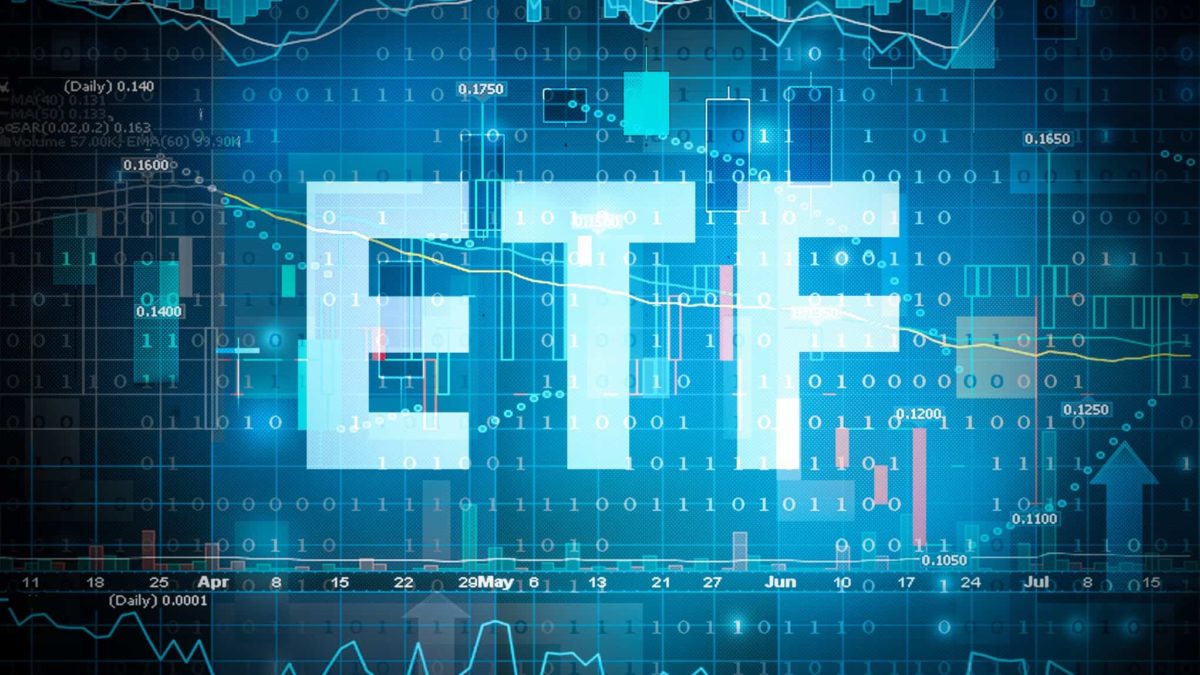Battle of the ASX ETFs: Why has VGS outperformed VTS this year?

The last few weeks have been rough for investors in the global share market. Trump's tariffs on various countries are challenging for businesses that rely on exporting or multinational production. Volatility has hit both Vanguard MSCI Index International Shares ETF (ASX: VGS) and Vanguard US Total Market Shares Index ETF (ASX: VTS) unit prices.
A few days ago, the Wall Street Journal outlined in a video how the tariffs could increase costs, particularly for car production. This could be applicable to numerous products.
With tariffs being implemented on numerous goods from across the world, not only could this affect the profitability of individual companies, but it could also spur inflation. In the short-term, businesses could increase prices to offset the tariff, like how Ansell Ltd (ASX: ANN) already has.
If companies do bring their manufacturing back to the US, it could mean higher production costs compared to Mexico or China.
Either way, if these tariffs stick around, it could mean higher inflation and/or lower profits for the foreseeable future.
What's going on with the VGS ETF and VTS ETF?
Since the start of 2025, the VGS ETF unit price has fallen 7.2% and the VTS ETF unit price has dropped 10.5%.
A difference of 3.3% is a sizeable variance in performance over such a short time.
The performance of an ASX-listed exchange-traded fund (ETF) is largely dictated by the performance of its underlying holdings. If the holdings collectively fall, then the ASX ETFs decline too.
With how the VTS ETF is invested in thousands of US shares, this fund is heavily exposed to market confidence about the US economy. Investors may be worried that cost-cutting by the US government and the new tariffs could be harmful for US businesses.
The VGS ETF also has significant investments in US businesses. However, it is also invested in companies from countries like Japan, the UK, Germany, France, Italy and so on. The VGS ETF is not as exposed to harm with the US economy as the VTS ETF.
Additionally, compared to the VGS ETF, the VTS ETF has a higher weighting to businesses like Apple, Nvidia, Amazon and Meta Platforms. The US tech titans have been hit hard, so the VTS ETF has been more vulnerable to this weakness.
So, while the higher level of exposure to the 'magnificent seven' has helped the VTS ETF over the last few years, it is a hindrance right now.
The outperformance of the VGS ETF shows the benefit of having geographical diversification in a portfolio.
Time will tell what happens next with these ASX ETFs.
The post Battle of the ASX ETFs: Why has VGS outperformed VTS this year? appeared first on The Motley Fool Australia.
John Mackey, former CEO of Whole Foods Market, an Amazon subsidiary, is a member of The Motley Fool’s board of directors. Randi Zuckerberg, a former director of market development and spokeswoman for Facebook and sister to Meta Platforms CEO Mark Zuckerberg, is a member of The Motley Fool's board of directors. Motley Fool contributor Tristan Harrison has no position in any of the stocks mentioned. The Motley Fool Australia's parent company Motley Fool Holdings Inc. has positions in and has recommended Amazon, Apple, Meta Platforms, and Nvidia. The Motley Fool Australia has recommended Amazon, Ansell, Apple, Meta Platforms, Nvidia, and Vanguard Msci Index International Shares ETF. The Motley Fool has a disclosure policy. This article contains general investment advice only (under AFSL 400691). Authorised by Scott Phillips.
The Motley Fool's purpose is to help the world invest, better. Click here now for your free subscription to Take Stock, The Motley Fool's free investing newsletter. Packed with stock ideas and investing advice, it is essential reading for anyone looking to build and grow their wealth in the years ahead. This article contains general investment advice only (under AFSL 400691). Authorised by Bruce Jackson. 2025
 Wall Street Journal
Wall Street Journal